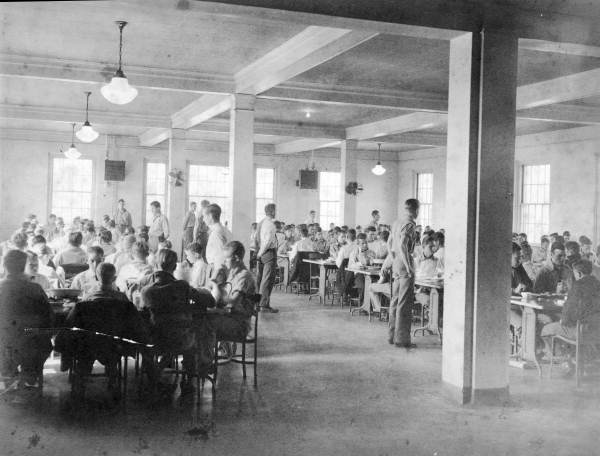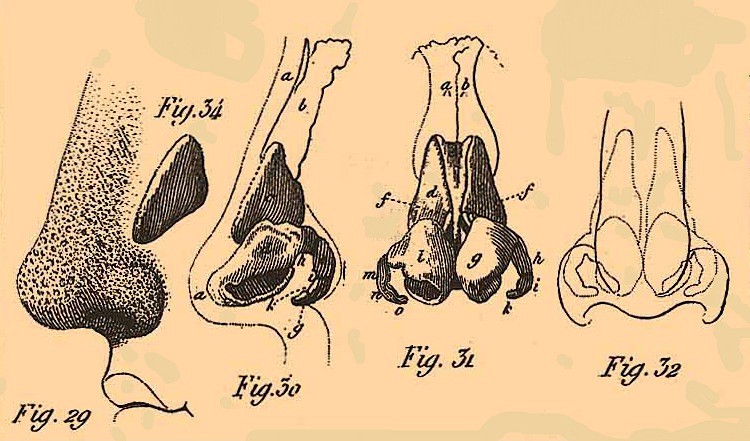Books & Culture
How Kurt Vonnegut Predicted the Automation Crisis
67 years ago, "Player Piano" warned us that big tech was coming for our jobs

On August 17, 1952, The New York Times published a review of Kurt Vonnegut’s debut novel, Player Piano. A tale of the near-future United States where most workers have been driven into unemployment by automated manufacturing and service systems, the book was praised as “skillful,” “lively,” and “fun” — though otherwise considered unserious, as much of speculative fiction was regarded at the time. The review concludes, in a somewhat belittling fashion, “Whether he is a trustworthy prophet or not, Mr. Vonnegut is a sharp-eyed satirist.” The vision of Player Piano was, in 1952, thought to be mere fun and games.
Fast-forward to 2019 and The New York Times is now writing, with all seriousness, “They’ll never admit it in public, but many of your bosses want machines to replace you as soon as possible.” The newspaper reports that, according to some predictions, 40 percent of jobs around the world will be eliminated by automation within the next decade and a half. In other words: Our present circumstances seem to be bearing out the fact that “Mr. Vonnegut” was a trustworthy prophet after all.
Player Piano may have been written 67 years ago, but its prescience is uncanny — though not inexplicable. It is a product not only of Vonnegut’s extraordinary imagination, but his years of experience working directly with engineers, whose mentality the novel reflects in reaching its logical conclusion. If today we find ourselves becoming increasingly trapped within that conclusion — between automation-driven mass unemployment on one side and the supposed panacea of universal basic income on the other — Player Piano also offers us hope for how we might yet break free.
Beginning in 1947, Vonnegut spent three years working in public relations for General Electric in Schenectady, New York. The job entailed “hanging around scientists all the time, listening to their bright plans for improving the future,” according to a 1973 interview with the author published in Playboy. “It seemed to him that scientists in those days wanted to mechanize everything and take care of everybody.” But because Vonnegut was Vonnegut — that is, a man who had already experienced the Allied “victory” of World War II from the ashes of Dresden — he didn’t just take the scientists at their word. He extrapolated their words into an entire world.
Vonnegut resigned from GE in 1950 to work on Player Piano. According to his foreword to the novel, it takes place a generation or more in the future, when the vast majority of human labor has been replaced by machinery. Automation had become a necessity during the course of World War III, when most workers were diverted to the frontlines for combat and machines were needed to fill the gaps in production, but it remained a fact even after everyone returned home. The now-unemployed citizenry revolted, rioting in the streets and sabotaging their mechanical replacements, but by then the government had also changed. The demands of the war had prioritized production, concentrating power into the hands of the National Industrial, Commercial, Communications, Foodstuffs, and Resource Director — “a position approached in importance only by the presidency of the United States,” as Vonnegut puts it. The government quelled the rebellion, increased security around the production plants, and continued on its path to ever greater efficiency through automation. To keep its idle citizenry busy, the government also concocted the Reconstruction and Reclamation Corps, a WPA-style initiative setting unnecessarily large numbers of the otherwise unemployed to repair basic infrastructure, like roads and bridges.
Our present circumstances seem to be bearing out the fact that Vonnegut was a trustworthy prophet after all.
Player Piano specifically focuses on Paul Proteus, manager of the Ilium Works production plant. As a well-educated engineer, Proteus is set to climb the ranks of society, but for a nagging feeling of dissatisfaction with his life. Instead of pursuing a promotion to manager of the Pittsburgh Works, he becomes involved with the Ghost Shirt Society, a band of seditious ex-workers who intend on fomenting an anti-machine revolution. Due to Proteus’ former prominence, he’s made the figurehead of the rebel movement, leading a mob to destroy the Ilium Works. But they are all soon surrounded by the military, and the novel concludes with Proteus’s surrender.
In 300-odd pages published in 1952, Vonnegut illustrates dynamics that we are only just beginning to address in earnest — namely, that automation will create unemployment; unemployment will erode democracy; and the erosion of democracy will inspire revolution. In 2018, the Brookings Institution, a well-respected centrist think-tank, published an article surveying the research around automation. It cites studies estimating that 14 to 54 percent of jobs are at risk of being automated and predicts that even if the average, 34 percent, comes to pass, “Western democracies likely could resort to authoritarianism as happened in some countries during the Great Depression of the 1930s in order to keep their restive populations in check.” What’s more, the article acknowledges that even “relatively small increases in unemployment or underemployment have an outsized political impact.” It points to the Great Recession spawning the Tea Party, and subsequently Donald Trump’s presidency, but the fallout of the global financial crisis also inspired the more revolutionary Occupy movement.
As Player Piano captures the broad strokes, the novel can also offer us some guidance on the particulars, especially when it comes to proposed solutions to automation-driven mass unemployment. Tech companies like Uber and Amazon will undoubtedly be leading automation through the displacement of drivers and cashiers — two of the most common occupations in the United States, according to the U.S. Bureau of Labor Statistics — though Silicon Valley is also presenting us with a quick fix: universal basic income. In practice, UBI can be applied in a variety of different methods, each with their own benefits and drawbacks, but as critic Douglas Rushkoff argues, Silicon Valley views it simplistically as a scheme for maintaining consumer spending in the face of rising unemployment. If people have no jobs, just give them money, the logic goes. UBI cuts out the middleman that Vonnegut envisions in Player Piano, the Reconstruction and Reclamation Corps, but the failing remains the same. In his interview with Playboy, Vonnegut described the real consequence of automation: “It was too bad for the human beings who got their dignity from their jobs.” UBI, like the Reconstruction and Reclamation Corps, will keep people alive — but what will they be living for?
Vonnegut didn’t just take scientists at their word. He extrapolated their words into an entire world.
Unlike Silicon Valley, Vonnegut offers us no simple solution to the problems of automation. He does imply that doubling down on automation while trying to bandage the wounds it creates with superficial social programs would be unsustainable, as evinced by the seething resentment that coalesces into the Ghost Shirt Society. But the Luddite revolt of the Ghost Shirt Society is similarly a deadend, as evinced by their defeat. If not forward into a brave new world nor back to the good ol’ days, then the solution must lie on another axis: a course aiming for human dignity, rather than technological progress or misguided atavism. Unfortunately Vonnegut’s interest or inspiration did not extend far enough to draw that road map for us.
But Player Piano offers us crumbs to follow. As with so many masterful novels, the book opens with a bit of foreshadowing. In the first chapter, Proteus brings a cat that he’s found into the Ilium Works to act as a mouser, safeguarding the machinery from troublesome rats gnawing through the cables. But the cat, terrified by a mechanical sweeper, is soon driven from the plant, dashing for safety up one of the surrounding fences. It reaches the top before Proteus can catch it — and is instantly electrocuted to death.
If in Player Piano, Proteus is the cat, then in our current circumstances, we are too. And from that perspective, the goal is simple: We just need to make it over the fence.









